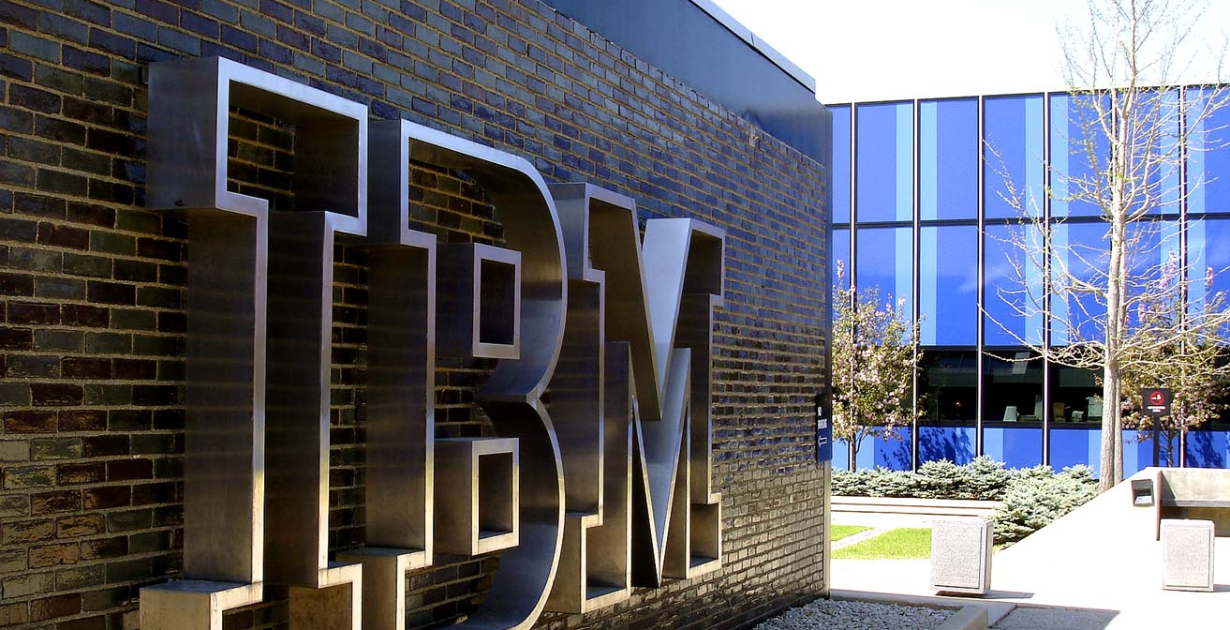IBM CEO Urges Trump Govt to Increase Federal R & D Funding
The Chief Executive Officer of the International Business Machines Corporation (IBM) has called on the Trump administration to increase the funding for federal AI research and development.
Like numerous technology executives, Arvind Krishna, the CEO of IBM, believes that federal R&D funding for AI and related technologies should be increased, rather than the other way around.
In an interview with TechCrunch, Krishna stated, “We have been an extremely strong advocate and this is both the company and me personally on the need for an increase in federally funded research and development.”
“That is the unequivocal stance, and we are firmly committed to it.”
President Donald Trump and his cabinet have endeavored to implement substantial reductions in federal grantmaking and scientific research programs in order to pursue a distinct set of objectives from those of previous administrations.
The Directorate for Technology, Innovation, and Partnerships (TIP), a critical federal entity for AI research, has experienced substantial budgetary cuts in recent weeks.
In the interim, the National Institute of Standards and Technology (NIST) and the National Science Foundation (NSF), which house TIP, have both identified numerous personnel for termination.
In its proposed budget for fiscal year 2026, the Trump administration is urging Congress to reduce the financing of the National Science Foundation by more than half, thereby eradicating what it deems to be wasteful and “woke” expenditure.
The National Science Foundation (NSF) and other federal agencies, including the National Institutes of Health and the Department of Energy, are also confronting budget cuts, which puts the billions of dollars allocated to AI research and development initiatives at risk.
Additionally, Trump has expressed an intention to terminate the processors Act, a significant law from the Biden administration that was intended to increase domestic semiconductor production in the United States, with a particular emphasis on the development of specialized processors for artificial intelligence.
In early March, the office that was tasked with the administration of CHIPS Act funds was substantially dismantled.
The Software and Information Industry Association and other tech industry organizations have written letters to White House AI “czar” David Sacks and Commerce Secretary Howard Lutnick, cautioning that the reductions could impede America’s global leadership in AI.
Amending the U.S. In comparison to the 15% to 27% returns attained by top-quartile VC funds, federally funded research generates annual returns of 25% to 40%, according to the Joint Economic Committee.
“We are of the opinion that the current level of federal R&D funding is nearly historic in terms of its percentage of GDP,” Krishna stated in an interview with TechCrunch.
“We also believe that increased federally funded R&D has a profoundly positive impact on the economy, economic growth, the competitiveness of the United States, and the investment in numerous technologies that are critical to our future.”
Federal budgetary constraints have had an immediate influence on IBM. In April, the company disclosed that 15 of its federal contracts were terminated, resulting in $100 million in future payments, during its Q1 earnings call.
Between 5% and just under 10% of IBM’s consulting practice is comprised of federal contracts.
Krishna, who promptly acknowledged that federal funding comprises only a small portion of IBM’s overall business, expressed his “optimism” that the government will increase its R&D expenditures within the next year.
Krishna stated, “I anticipate that in one year, federally funded research and development in the fields of artificial intelligence, quantum technology, and semiconductors will be in comparable or superior condition to its current state.”
news via inbox
Get the latest updates delivered straight to your inbox. Subscribe now!




